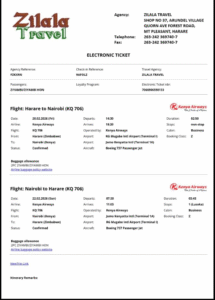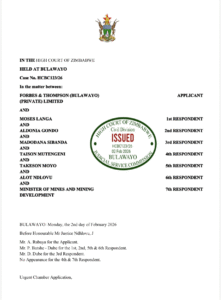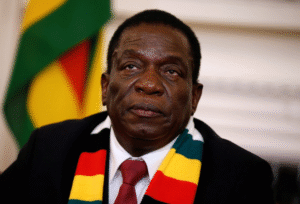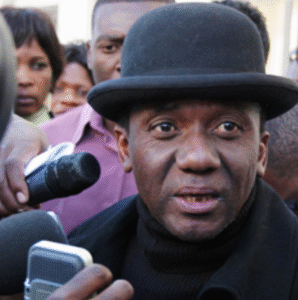DAVID COLTART STANDS FIRM: A BEACON OF HOPE IN BULAWAYO’S TURBULENT POLITICAL WATERS

In an era marked by a notable trend of political resignations, David Coltart, the Mayor of Bulawayo – Zimbabwe’s second-largest city – has made a resolute decision to remain in office amidst recent turmoil within the opposition party, the Citizens Coalition for Change (CCC). This bold stance comes after Nelson Chamisa, the President of the CCC, stepped down from his position and the party on January 25, followed by the departure of several esteemed colleagues from Parliament.
Coltart’s decision to stay emerges from an extensive consultation with a broad spectrum of the Bulawayo community and beyond. Utilizing social media platforms like X (formerly Twitter) and WhatsApp, he engaged the public, who overwhelmingly voiced their support for his continued leadership.
This commitment to retain his position is deeply anchored in Coltart’s dedication to democracy, freedom, and the well-being of the residents of Bulawayo. His choice is reinforced by encouragement from venerable figures in Zimbabwe’s democracy movement, some of whom have been active for over sixty years. They have urged Coltart to persevere, highlighting his indispensable role in the city’s governance and the broader struggle for democracy in Zimbabwe.
Bulawayo faces unique challenges, notably a severe water crisis and decades of neglect, which Coltart has been actively addressing. He believes his resignation would disrupt these efforts and ultimately disadvantage the city and its inhabitants. This belief was bolstered by a conversation with Nelson Chamisa prior to his resignation, where Chamisa advised Coltart to continue his essential work, acknowledging the significance of their roles during these challenging times.
Coltart’s decision to stay on is a robust affirmation of his unwavering commitment to fostering a democratic Zimbabwe. Drawing inspiration from historical figures who resisted tyranny and guided by his Christian faith, he aims to be a source of light and integrity in a nation beset by corruption and adversity. This metaphor underscores his conviction in the transformative power of individual actions to foster change and uphold democratic values.
Despite facing a challenging environment in Parliament, where the constitutional role has been diminished, Coltart underscores the importance of preserving democratic spaces, however limited they may be. He compares his resolve to historical individuals who, through their steadfastness, managed to challenge authority and drive significant reforms.
In response to suggestions that his decision might be seen as a betrayal of Nelson Chamisa or motivated by personal interests, Coltart clarifies his stance. He views his role as mayor not as a vehicle for personal gain—highlighting his modest monthly allowance of just US$25 – but as a commitment to serving the public, inspired by Chamisa and others who have tirelessly worked for democracy in Zimbabwe.
Coltart’s determination to remain as Bulawayo’s mayor symbolizes his dedication to the city’s residents and a refusal to let political dynamics dictate its destiny. In a political landscape characterized by frequent resignations and recalls, his decision shines as a beacon of hope, emphasizing the critical need for resolute leadership in times of uncertainty. As Bulawayo confronts its myriad challenges, Coltart’s leadership not only provides a semblance of stability but also represents the ongoing struggle for democracy and adherence to the rule of law in Zimbabwe.





